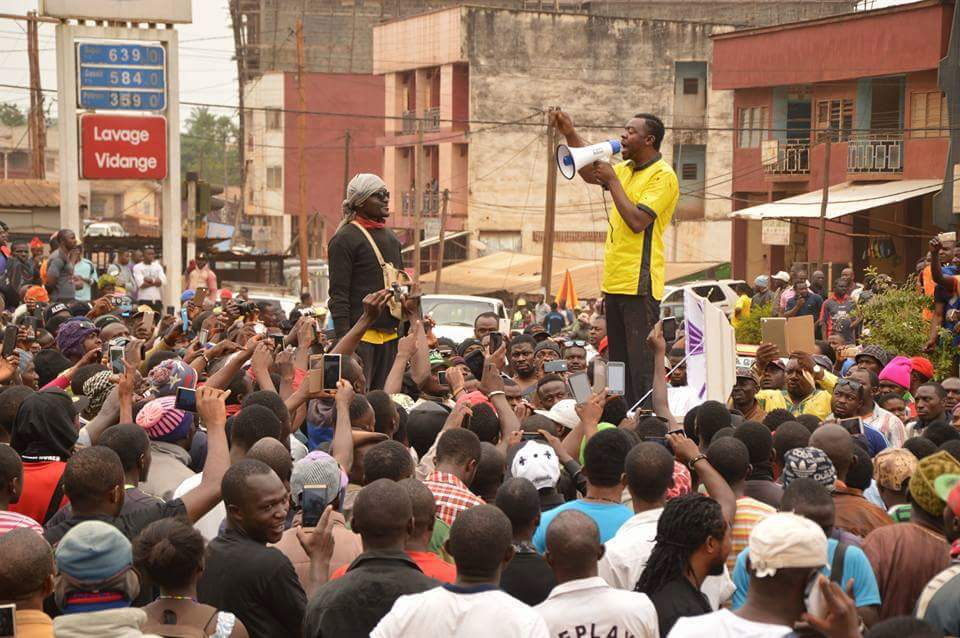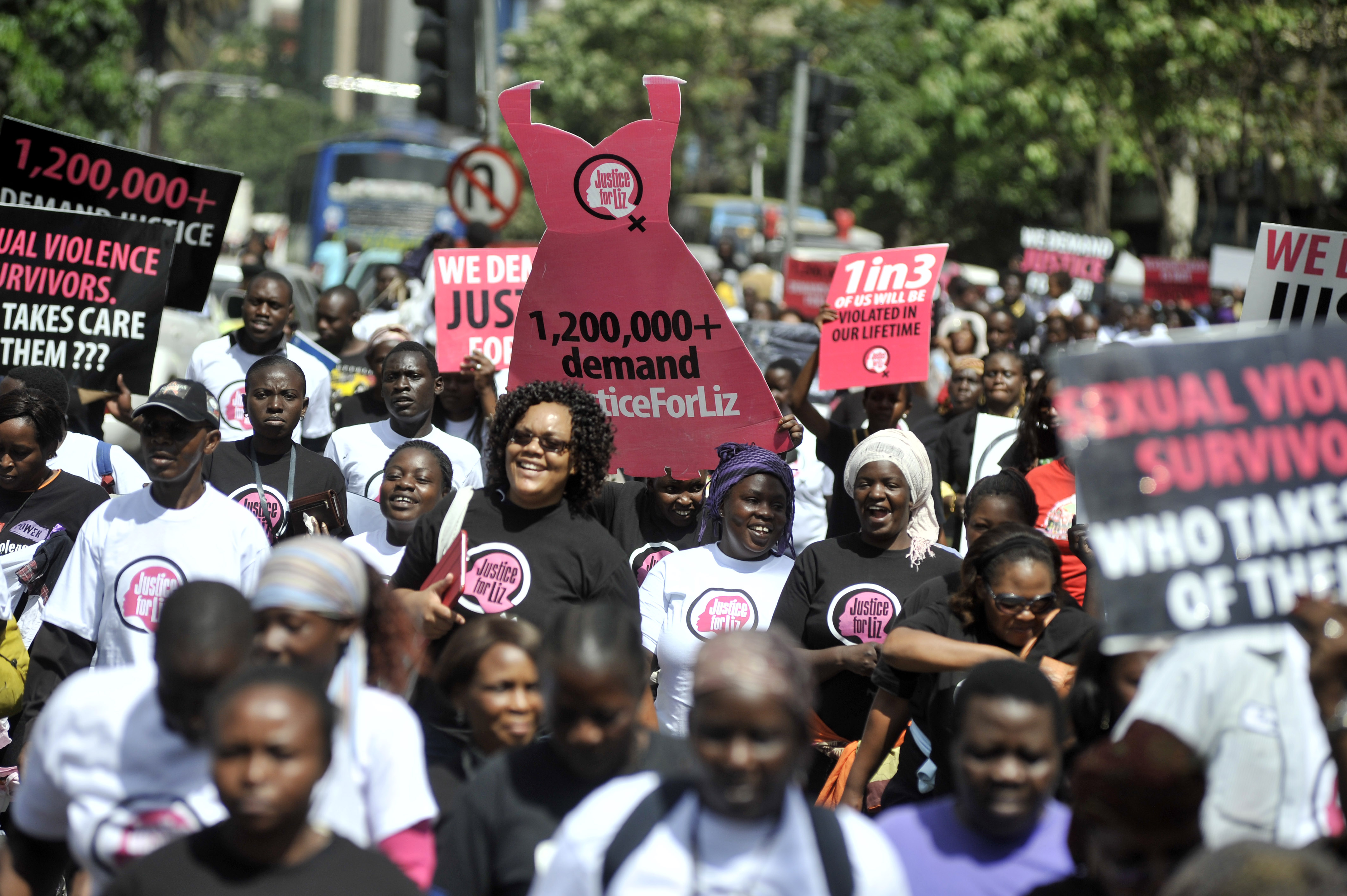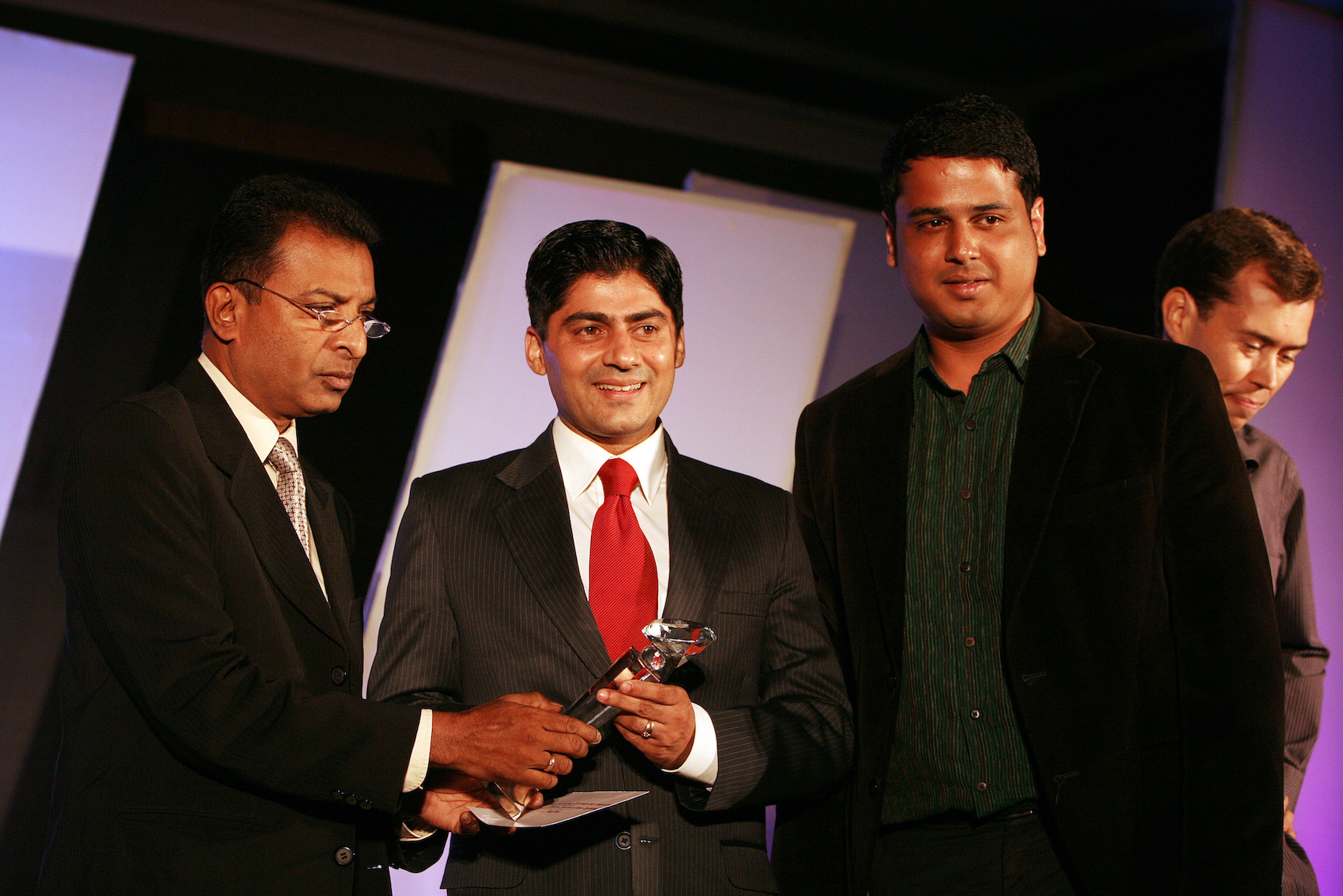كان الفيلم التسجيلي التشيلي "اللقطة الأخيرة" الذي فاز بالجائزة الذهبية لمهرجان الجزيرة السادس 2010، بابا للدخول إلى عالم الصحافة التشيلية التي عاشت -كباقي مؤسسات المجتمع- تحت رقابة العسكر.
يروي "اللقطة الأخيرة" تفاصيل مقتل المصور الأرجنتيني ليوناردو هنريكسن، حينما صوب إليه أحد الجنود بندقيته وهو يصور أحداث "انقلاب الدبابات" ضد الرئيس التشيلي سلفادور الليندي (1908-1973).
وكان الصحفي إرنستو كارمونا -أحد أصدقاء المصور هنريكسن في تشيلي- من أعاد فتح ملف القضية التي بقيت مغلقة طوال ثلاثين عاما، مستندا إلى آخر صورة التقطها المصور القتيل بكاميرته، والتي أظهرت بوضوح وجه الجندي القاتل، مستدلا بواسطتها على اسمه ومكان سكنه لاحقا، ليقوم بتنظيم مظاهرات أمام بيته مطالبا بمحاكمته.
مقتل هنريكسن واحدة من ثلاثين حالة مختلفة قتل فيها صحفيون في الفترة التي امتدت بين عامي 1973 و1989 في تشيلي.
كانت الحكومة الدكتاتورية برئاسة أوغستو بينوشيه (1915-2006) على وعي بخطورة دور الصحافة في كشف انتهاكاتها لحقوق الإنسان، لذا حرصت منذ وصلت سدة الحكم على فرض سيطرتها على الإعلام بالقوة لتثبيت دعائم حكمها. وبينما كانت طائرات سلاح الجو تقصف مقر الرئيس الليندي "قصر لامونيذا"، تعرّض راديو "ماجايانيس" لإطلاق النار من أجل وقف بث خطاب الليندي الأخير.
بعد أيام قليلة من الانقلاب عام 1973، صدر أمر عسكري بإغلاق البث الإذاعي في وسائل الإعلام، ثم أعيد تشغيله، ولكن تحت رقابة الحكومة العسكرية.
ورغم تلك القبضة التي أحكمت حول وسائل الإعلام، فقد رفض بعضها التخلي عن مبادئ مهنة الصحافة التي تقتضي إظهار الحقائق كاملة. وكانت السرية طريقَها لإيصال صوتها الذي اعتقدت أنه يصدح بالحقيقة، والذي كان يكشف ما تمارسه الدولة من انتهاكات لحقوق الإنسان، من قتل وتعذيب واختطاف لمعارضيها، بل وحتى لمن تشك في معارضته لها، بينما كان التلفزيون التشيلي الرسمي -وإلى جانبه كثير من وسائل الإعلام- يتكلمون بلسان الدولة، مظهرين صورة مثالية ومخالفة لما كان يجري فعليا في الشارع، كما أكدت تقارير حقوقية دولية رصدت تلك الانتهاكات.
من بين أبرز المجلات التي ظهرت في تلك الفترة، "أناليسيس" و"آبسي" و"كاوسي" و"فورتين مابوتشو"، سعى العاملون فيها إلى إظهار الحقائق، وتأدية عملهم بمهنية، كما صرحت خوانيتا روخاس إحدى صحفيات مجلة "أناليسيس" لصحيفة "أو" التشيلية. أما باتريسيا كوليير من ذات الصحيفة، فتقول إن وظيفتهم كانت تكذيب ادعاءات الحكومة بعدم وجود انتهاكات لحقوق الإنسان، والتي كانت تحاول إخفاءها بتواطؤ مع وسائل الإعلام الرسمية.
ومع إقرار دستور عام 1980، اعترفت الحكومة بجميع وسائل الإعلام، على أن تتحمل (تلك الوسائل) مسؤولية ما تنشر. كان ذلك القانون -وإن بدا في ظاهره تعديلا في سياستها- يحمل تهديدا مباشرا للصحفيين بوضعهم تحت سيف الحكومة، إذ وصل كثيرًا منهم تهديداتٌ بالقتل والاعتقال، وتعرضوا للقمع والاضطهاد والتعذيب، وكان أحد هؤلاء خوان بابلو كاردينيس، مدير مجلة "أناليسيس".
لم يكن كاردينيس وحده من دفع ثمن قول الحقيقة في تلك المجلة، ففي 8 سبتمبر/أيلول 1986 هاجم عناصر من مركز المعلومات الوطني في تشيلي منزل رئيس تحرير المجلة خوسيه كاراسكو تابيا وقادوه إلى مكان مجهول، ليعثر أهله على جثته بعد ساعات ملقاة بجوار سور مقبرة "أميريكو فيسبوتشي" وبها 13 طلقة.
وترى رئيسة "تجمع أهالي المفقودين" لورينا بيسارو أن الصحفيين لعبوا دورا رئيسيا خلال تلك الحقبة.. تقول: "مع التعذيب والتهميش والقمع، كان هناك وسائل اتصال وصحفيون أظهروا الحقائق في البلاد، رغم الثمن الباهظ الذي دفعوه، كالاعتقال أو القتل".
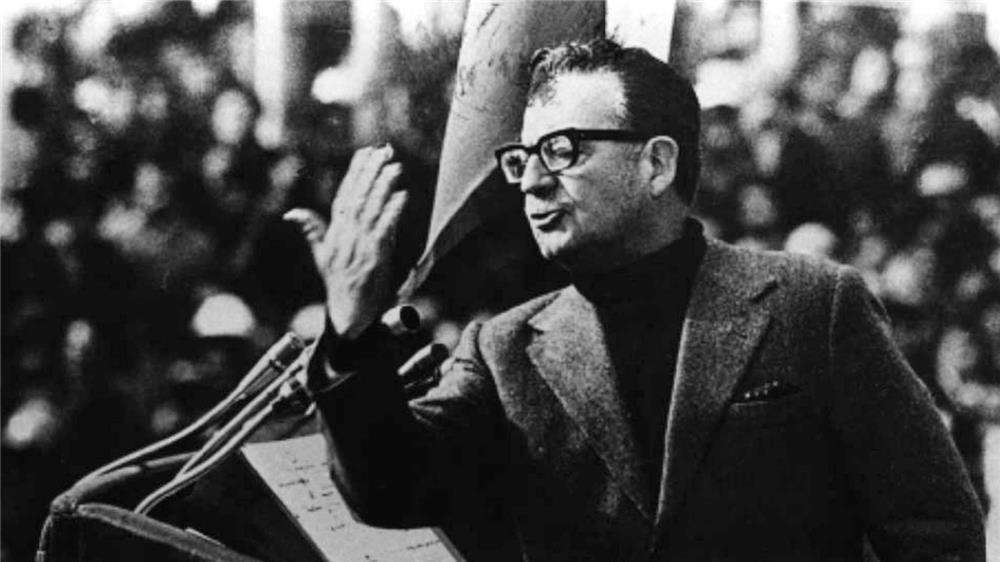
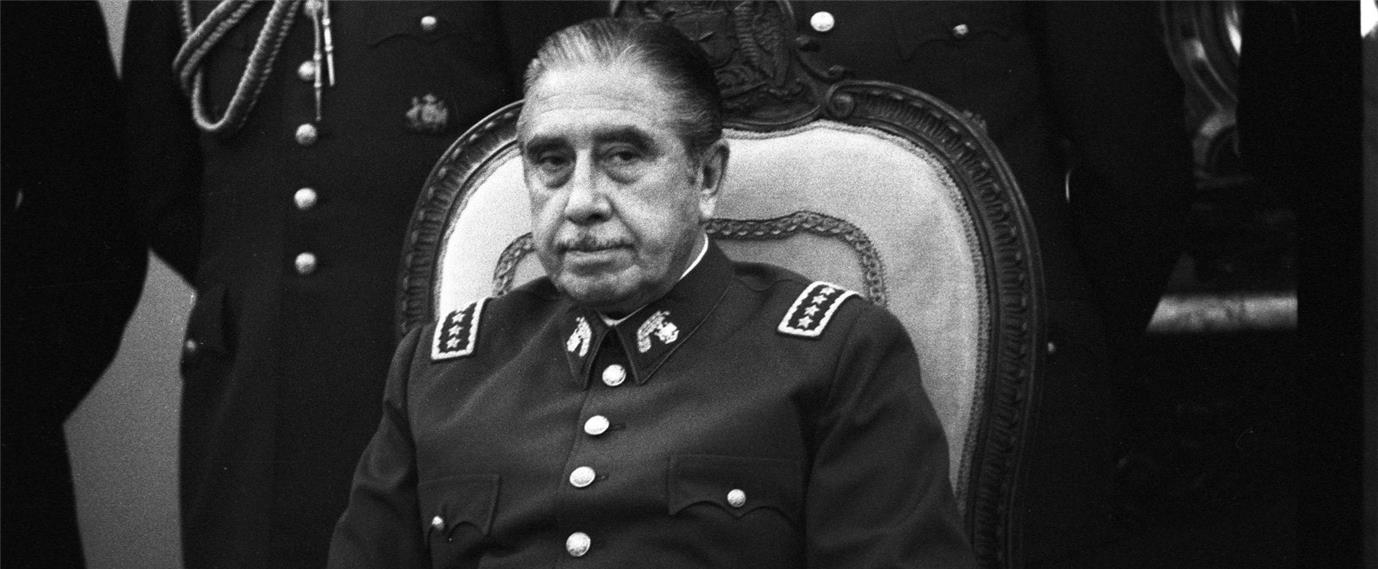
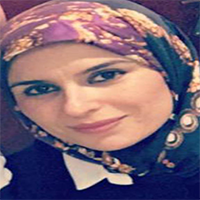
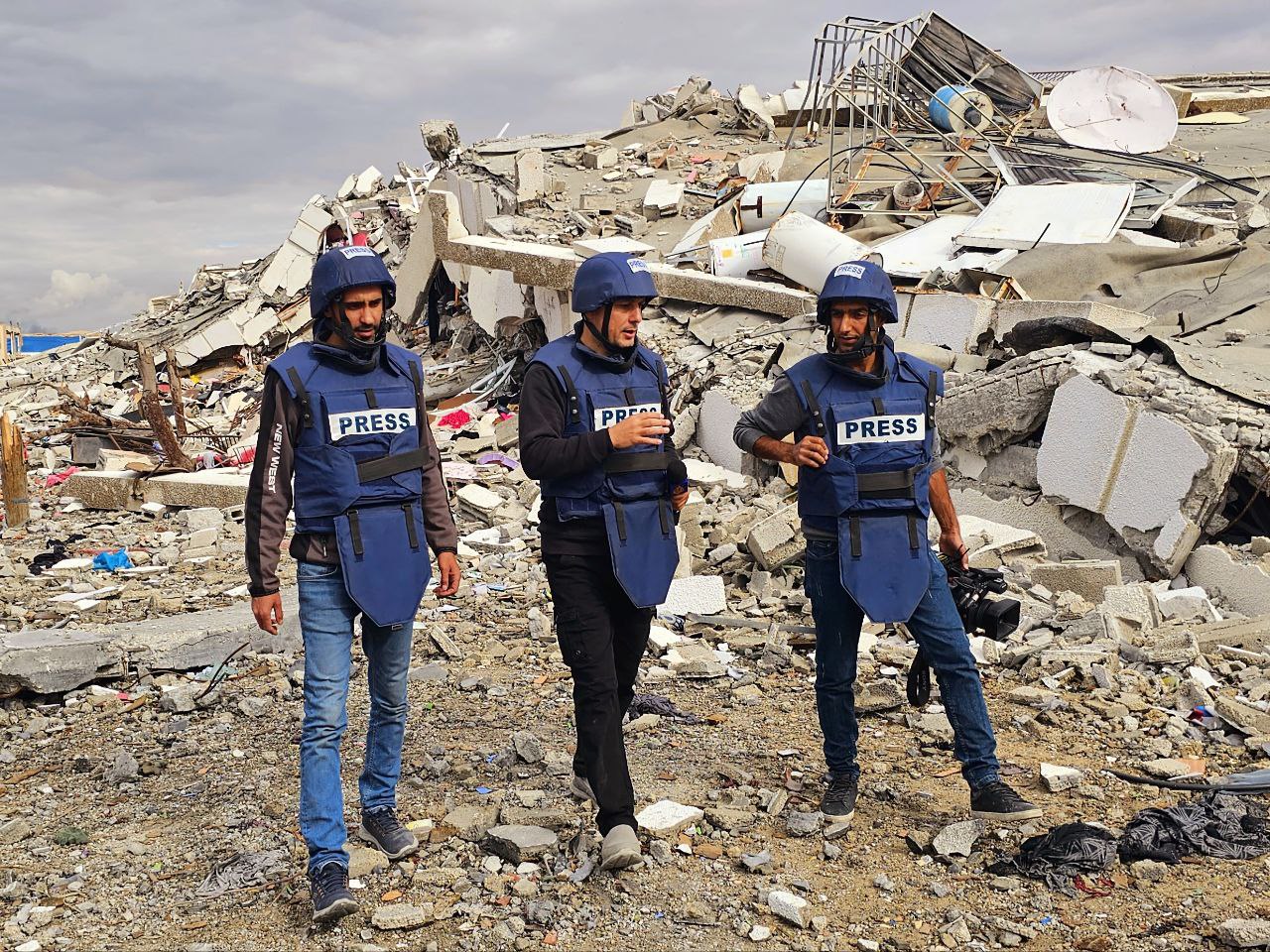




























![A demonstration against Israel's war on Gaza on Paulista Avenue in São Paulo on November 4, 2023, draws attention to the deaths of children while the media focuses on the war against terrorists. [Photo: Lina Bakr]](/sites/default/files/ajr/2024/Picture1.png)

